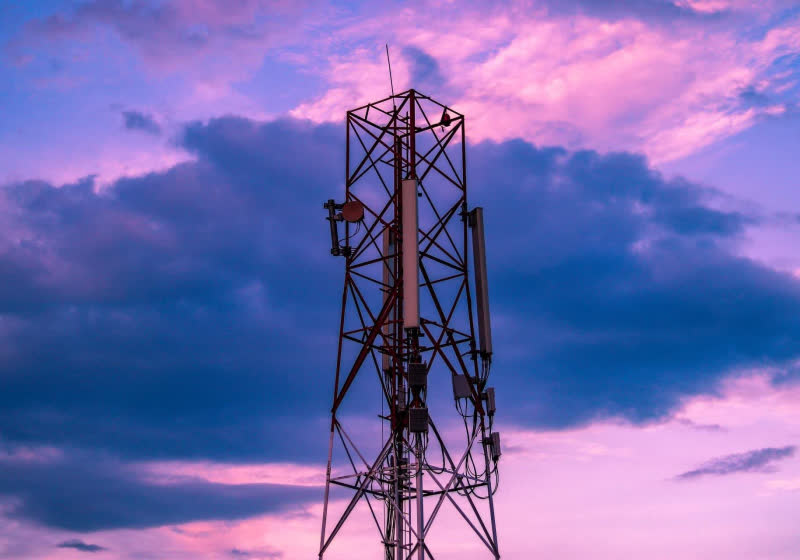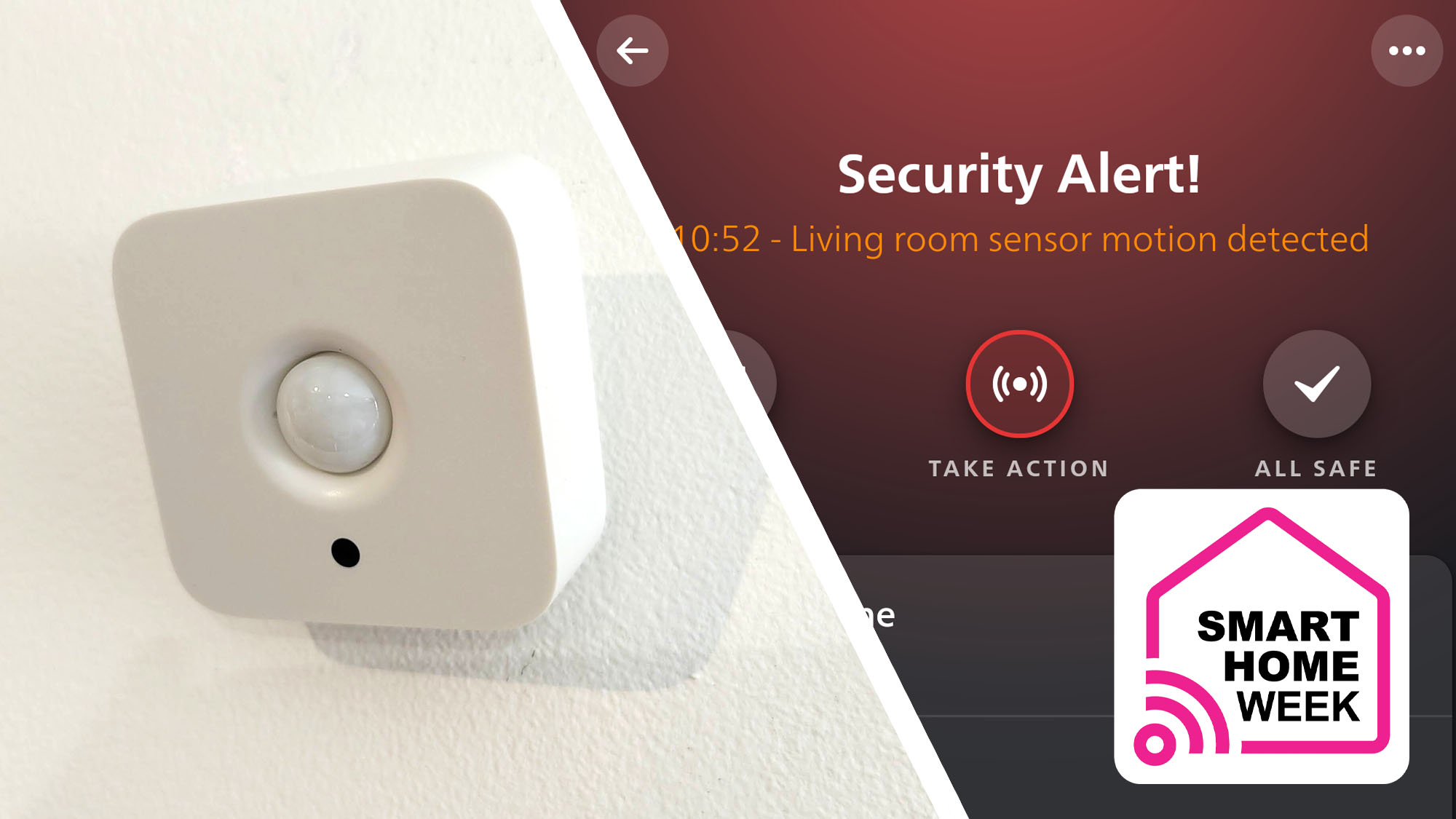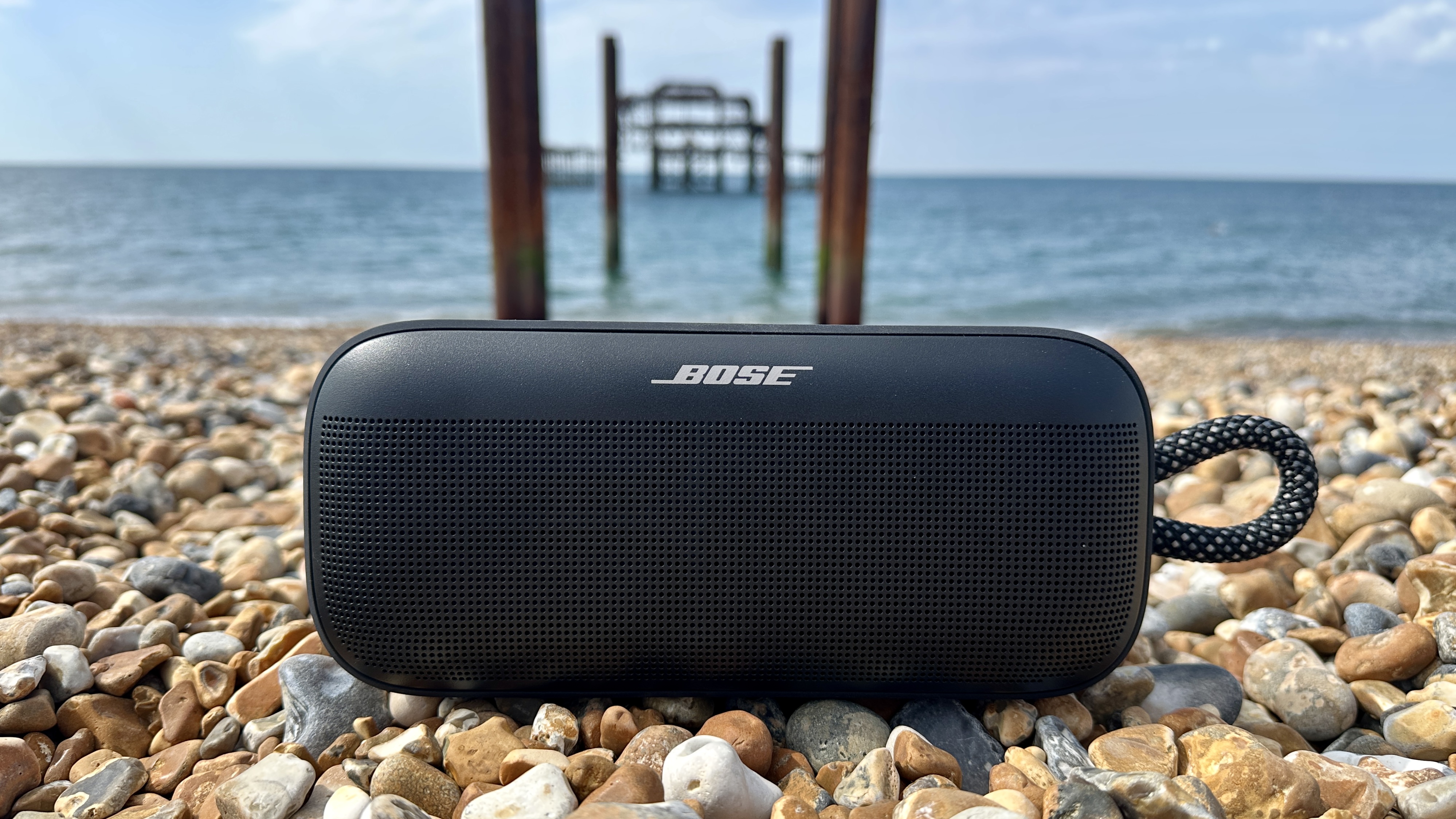The Supreme Court just upended internet law, and I have questions
Age verification is perhaps the hottest battleground for online speech, and the Supreme Court just settled a pivotal question: does using it to gate adult content violate the First Amendment in the US? For roughly the past 20 years the answer has been "yes" - now, as of Friday, it's an unambiguous "no." Justice Clarence […]


Age verification is perhaps the hottest battleground for online speech, and the Supreme Court just settled a pivotal question: does using it to gate adult content violate the First Amendment in the US? For roughly the past 20 years the answer has been "yes" - now, as of Friday, it's an unambiguous "no."
Justice Clarence Thomas' opinion in Free Speech Coalition v. Paxton is relatively straightforward as Supreme Court rulings go. To summarize, its conclusion is that:
- States have a valid interest in keeping kids away from pornography
- Making people prove their ages is a valid strategy to enforce that
- Internet age verification only "incidentally" affects how adults can access protected speech
- The risks aren't meaningfully different from showing your ID at a liquor store
- Yes, the Supreme Court threw out age verification rules repeatedly in the early 2000s, but the internet of 2025 is so different the old reasoning no longer applies.
Around this string of logic, you'll find a huge number of objections and unknowns. Many of these were laid out before the decision: the Electronic Frontier Foundation has an overview of the issues, and 404 Media goes deeper on the potential …





























